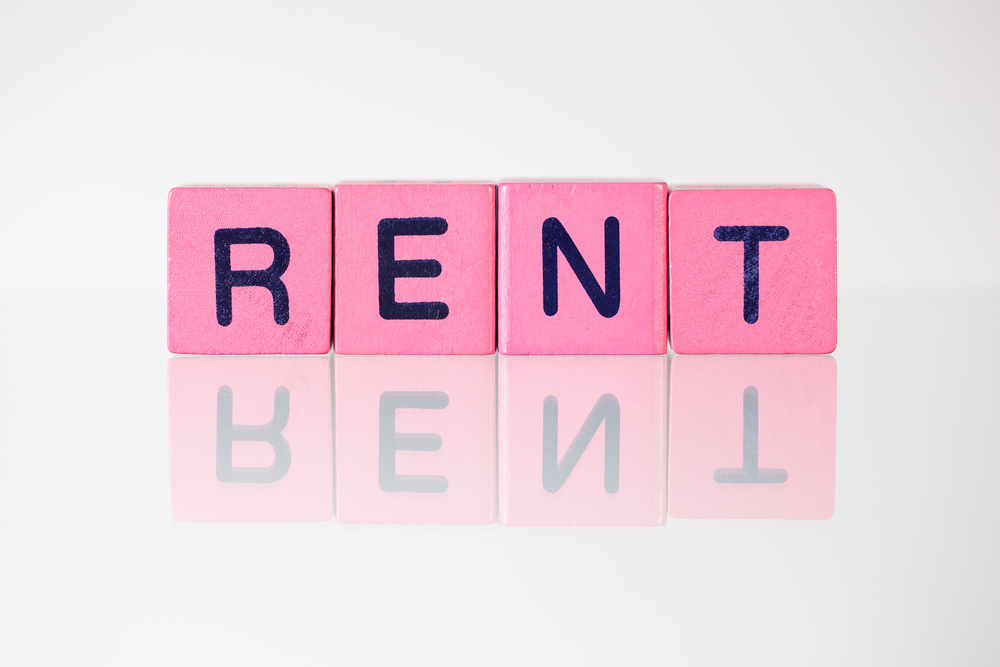The supply of rental accommodation is at its lowest for a year, while demand for accommodation rose slightly in January, according to reveals the Association of Residential Letting Agents. ARLA said that following a period of gentle decline, the number of properties registered per letting agent branch dropped by 5% to 172 in January – […]
 The supply of rental accommodation is at its lowest for a year, while demand for accommodation rose slightly in January, according to reveals the Association of Residential Letting Agents.
The supply of rental accommodation is at its lowest for a year, while demand for accommodation rose slightly in January, according to reveals the Association of Residential Letting Agents.
ARLA said that following a period of gentle decline, the number of properties registered per letting agent branch dropped by 5% to 172 in January – 10 fewer than the previous month.
Demand for rental accommodation picked up in January following a seasonal lull in December, with an average of 31 prospective tenants now registered per branch.
Three in 10 agents reported an increase in rent for tenants in January, the highest since September 2015.
ARLA said that the lack of supply of available housing was pushing up prices, making it increasingly difficult for tenants to save for a deposit.
Stamp duty changes
Nearly two-thirds (63%) of ARLA members think the Chancellor’s stamp duty reforms for buy-to-let properties will push landlords out of the market, which will in turn cause supply to drop further. Nearly six in ten (58%) believe the reforms will push up rent costs.
However, nearly half (47%) of ARLA agents reported an uplift in interest from buyers looking to beat the 1 April introduction of stamp duty, up 24% from last month.
Stamp duty will rise by 3% for landlords and second home owners as part of the government’s efforts to dampen the buy-to-let market and free up property for first-time buyers.
David Cox, managing director of ARLA, said: “A few weeks into the new-year and the April deadline for the stamp duty surcharge is looming and interest from buyers looking to invest in buy-to-let properties and beat the deadline is ramping up. The final details of the new tax will be revealed at the Budget in March but we are not expecting to see the government back down on this policy.
“The findings from our members echo our concerns that efforts to penalise buy-to-let landlords will ultimately impact those entering and currently in the rental market, as by increasing rents landlords will seek to recoup their costs. Rent costs are already rising exponentially, and tenants are feeling the strain of a crowded marketplace. We just need more houses; it’s as simple as that.”














